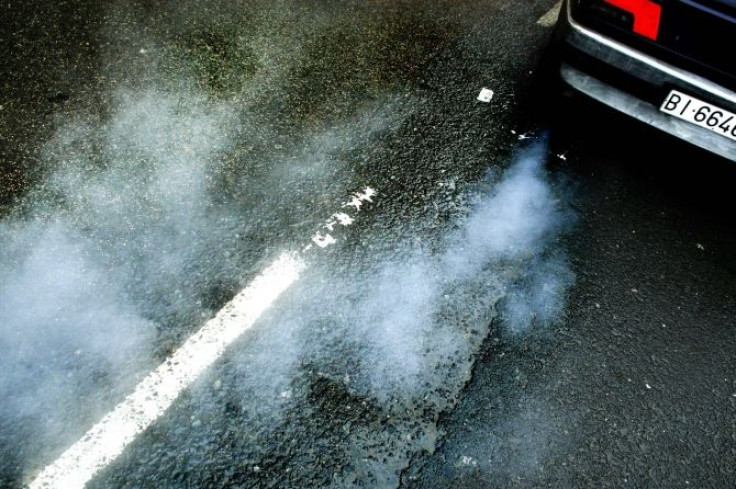Diesel Fumes Tied to Cancer, Says WHO

Diesel fumes can cause cancer, announced a World Health Organization (WHO) on Tuesday.
Experts from International Agency for Research on Cancer (IARC) said that they have classified diesel fumes to Group 1 carcinogenics. The report said that exposure to these exhausts is known to cause lung cancer.
They say that many studies have showed that diesel fumes are dangerous to humans.
"The scientific evidence was compelling and the Working Group's conclusion was unanimous, diesel engine exhaust causes lung cancer in humans. Given the additional health impacts from diesel particulates, exposure to this mixture of chemicals should be reduced worldwide," said Dr. Christopher Portier, chairman of the IARC working Group.
Many people in the developing nations are exposed to diesel fumes.
"For most of the carcinogens when there is high exposure the risk is higher, when there is lower exposure the risk is lower," Dr. Kurt Straif, who is also from IARC, told BBC.
Although limited, there is positive evidence that diesel engine exhausts cause bladder cancer, said IRCA.
Experts say that the agency's announcement will not be taken lightly by public health officials.
"The implications of this decision are immense. That agency is the most prestigious scientific organization in the world. If it says diesel is a human lung carcinogen, you can be sure they are undoubtedly correct," John Froines, a professor of public health at UCLA, Los Angeles Times reports.
"What happens next? In the United States, one would hope that the Environmental Protection Agency would adopt the same stance, and that other states would follow IARC’s lead. You would hope that it would be taken up by other countries," Froines added, reports Los Angeles Times.
The agency said that there was a causal relation between these fumes and cancers in people.
The Diesel Technology Forum issued a statement saying that several recent studies have highlighted the advancement in clean diesel technology.
"While IARC's remit is to establish the evidence-base for regulatory decisions at national and international level, today's conclusion sends a strong signal that public health action is warranted. This emphasis is needed globally, including among the more vulnerable populations in developing countries where new technology and protective measures may otherwise take many years to be adopted," said Dr. Christopher Wild, Director of IARC.



























